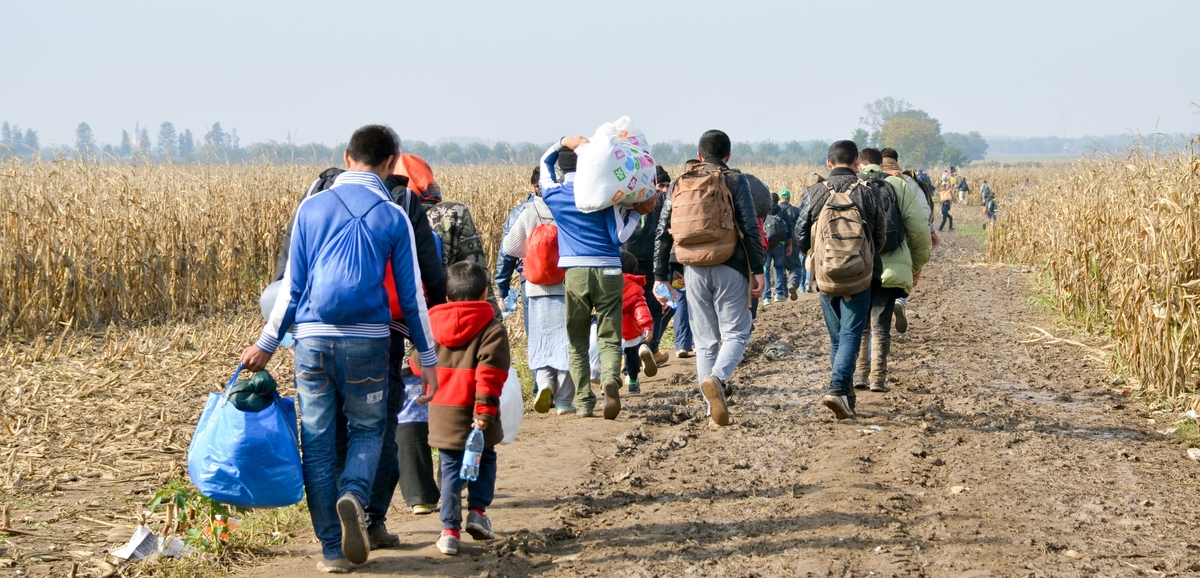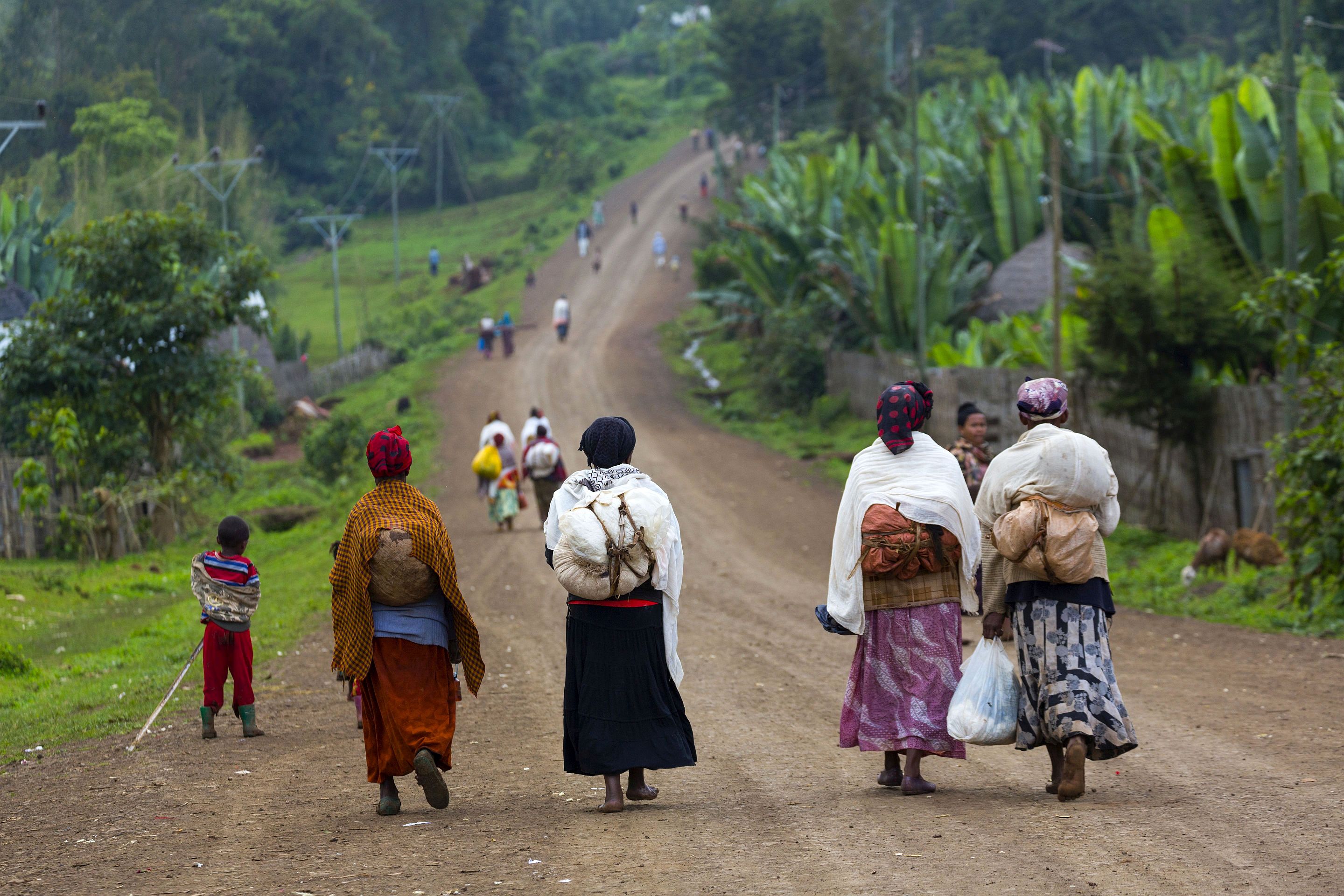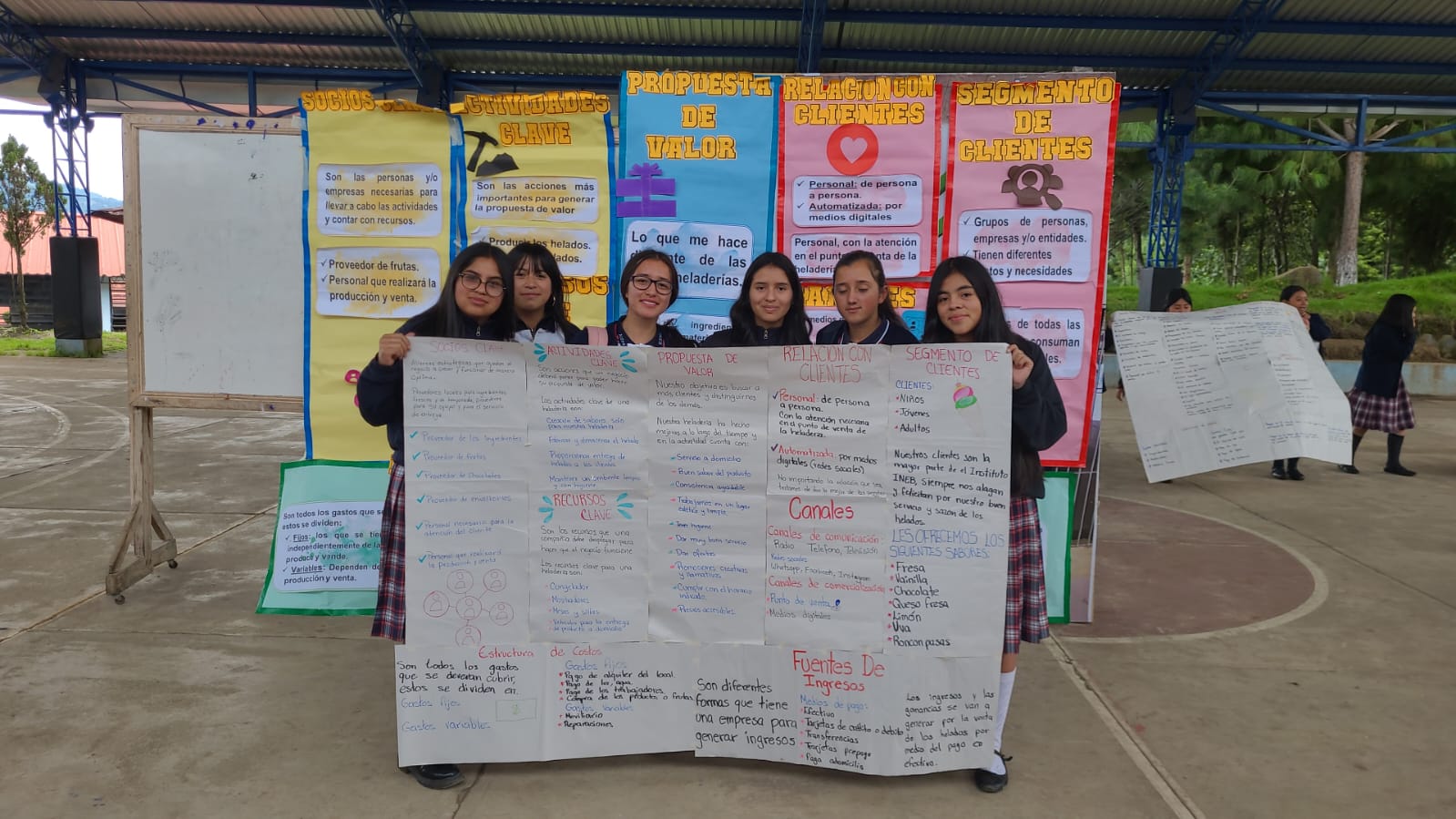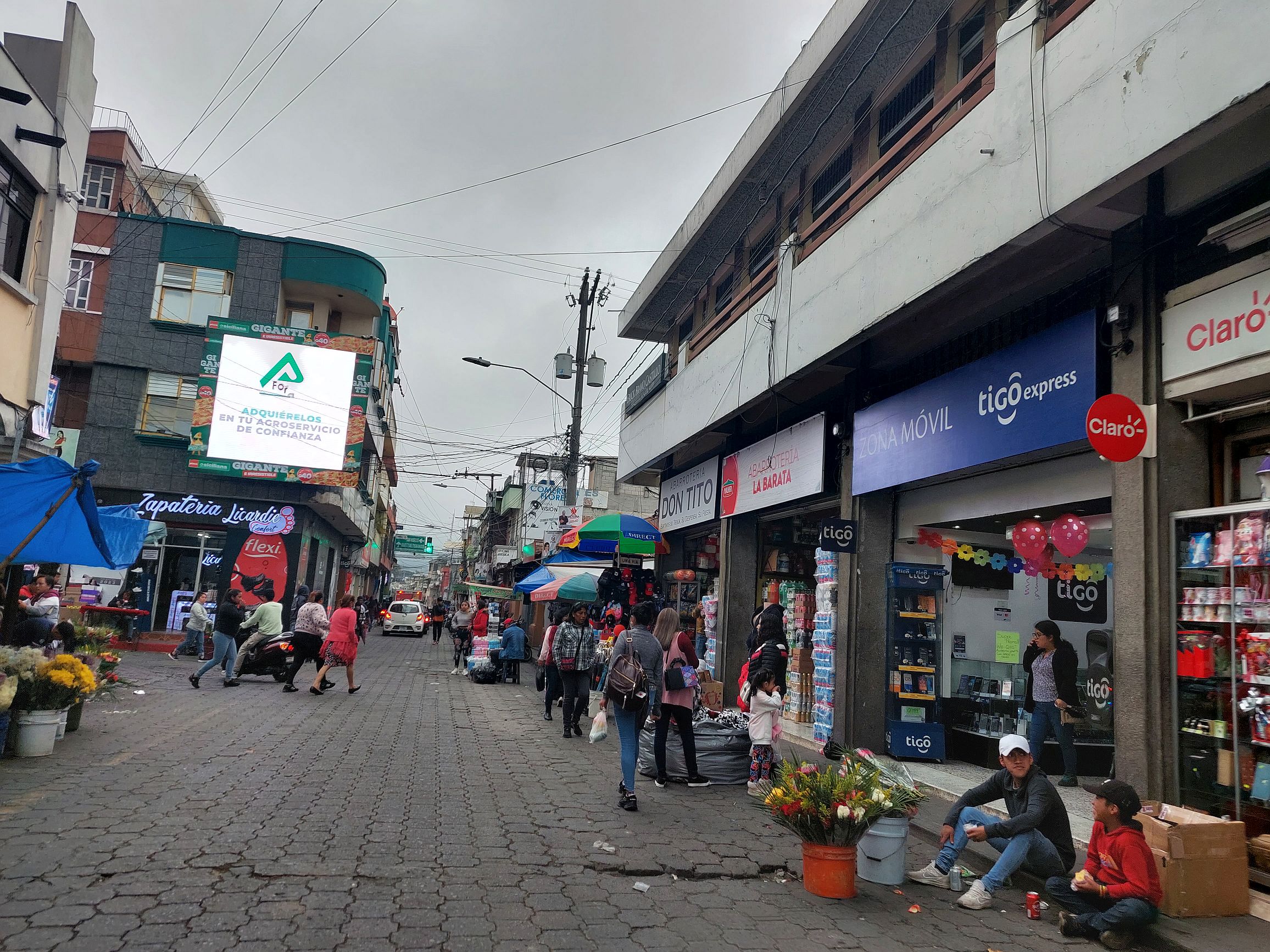Our Cities and Migration programme joined over 90 local and regional government representatives from 48 cities and city networks at the 13th Global Forum for Migration and Development (GFMD) Summit from 18-26 January 2021. It was an opportunity for the programme to disseminate key messages on cities and migration at the global level and showcase some emerging results from its projects.
The programme’s orientations are evident in the five key priorities for action identified by the GFMD Mayors’ Mechanism at the event:
- Building partnerships for access to services regardless of status.
- Building stronger, balanced, and more resilient narratives on migration that combat xenophobia, while recognizing the voices and contributions of migrants themselves.
- Enabling cities to drive economic inclusion and development through consultation and localized data collection.
- Fostering enhanced national-local policy coordination for effective and well-informed migration policies.
- Empowering local authorities to achieve global migration frameworks through increased access to international resources.
Anaclaudia Rossbach, Cities Alliance Regional Manager for LAC, shared some of the programme’s experiences in promoting remittances for social and local development in Guatemala at a side event on the Impact of COVID-19 on Migration and Remittances organized by the World Bank and KNOMAD. Other speakers included Simone Giger, head of the Global Programme on Migration and Development at SDC, and Camilla Hagstroem, Head of Sector, Migration and Asylum, DG DEVCO.
Local actions for migrants' inclusion
UN-Habitat and partners strongly advocated for advancing cross-sectoral and multi-stakeholder approaches during the GFMD. In a side event on 25 January, they invited local authorities, academia, and representatives of government institutions from different countries, including Jordan, South Korea, Uganda, Austria, Turkey and the Philippines, to share their experiences on local actions for migrants’ inclusion.
COVID-19 has shed light on inequalities and structural challenges. Building back better will need a collaborative and coordinated effort across sectors and government levels.
Key messages during the session included:
- Creating employment, providing equal opportunities, and enhancing service provision for all can help to advance social cohesion; this can be done by fostering investments in infrastructure that support local economic development, and by reducing barriers for migrants to contribute formally.
- Cooperation with media is necessary so that the discourse on migration includes the positive impact of migration and avoids increasing discrimination, xenophobia, and exclusion.
- Providing spaces and activities for communities to meet will increase mutual understanding and respect.
- COVID-19 has shed light on inequalities and structural challenges. Building back better will need a collaborative and coordinated effort across sectors and government levels.
Partners in the event included the Center for Mediterranean Integration (CMI), the Organization for Economic Cooperation and Development (OECD), the United Cities and Local Governments (UCLG), the United Nations Children’s Fund (UNICEF), the United Nations Conference for Trade and Development (UNCTAD), World Health Organization (WHO), the United Nations Education, Science and Culture Organization (UNESCO) and the Mayor's Mechanism.

Guidance document on local inclusion
A multi-partner guidance document on Local Inclusion of Migrants and Refugees - A Gateway to Existing Ideas, Resources and Capacities for Cities Across the World was launched at the GFMD. It includes recommendations for local authorities regarding inclusive governance structures, local economic development and entrepreneurship, human-rights based and child-sensitive approaches, urban planning and migration health. The guide also showcases successful practices from cities around the world.





